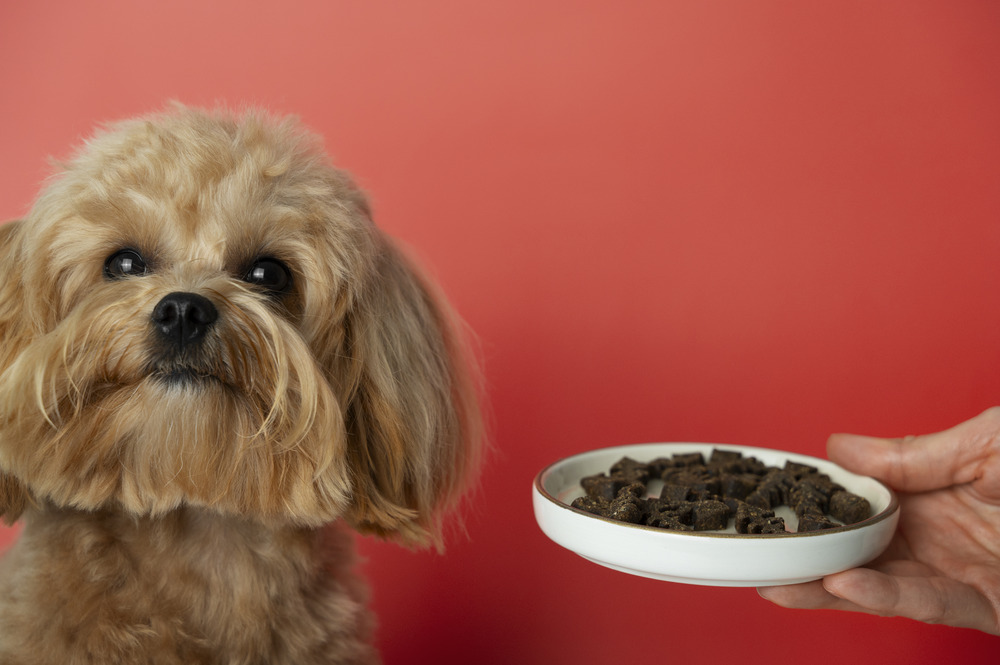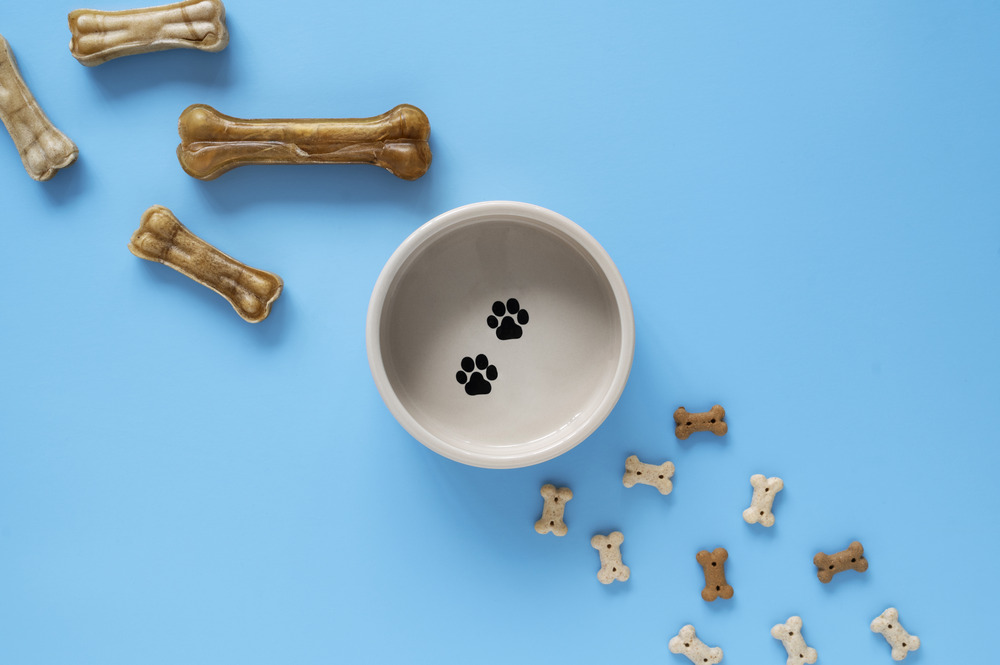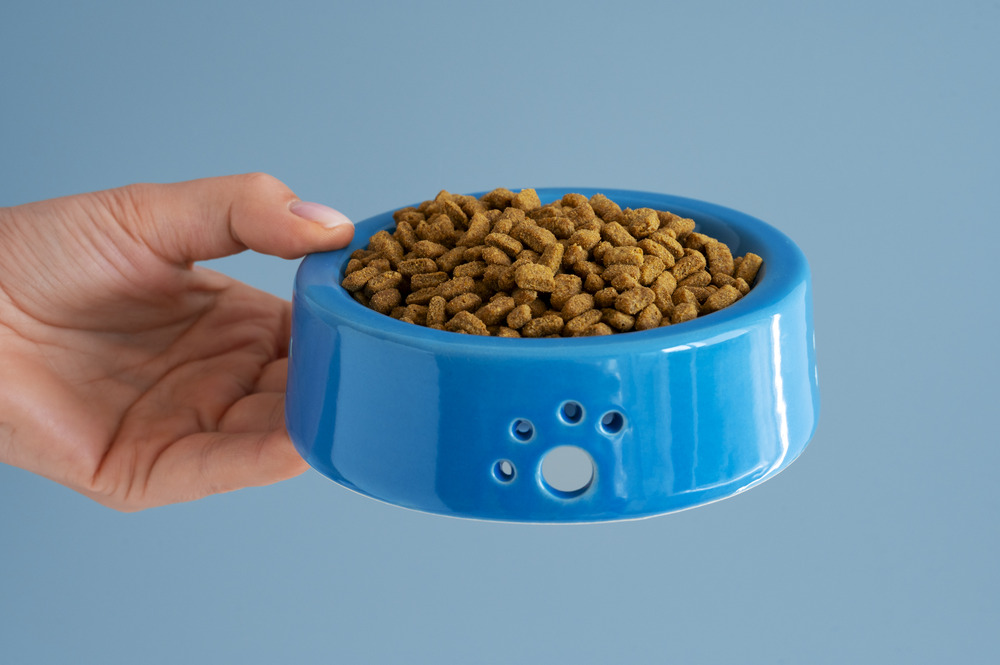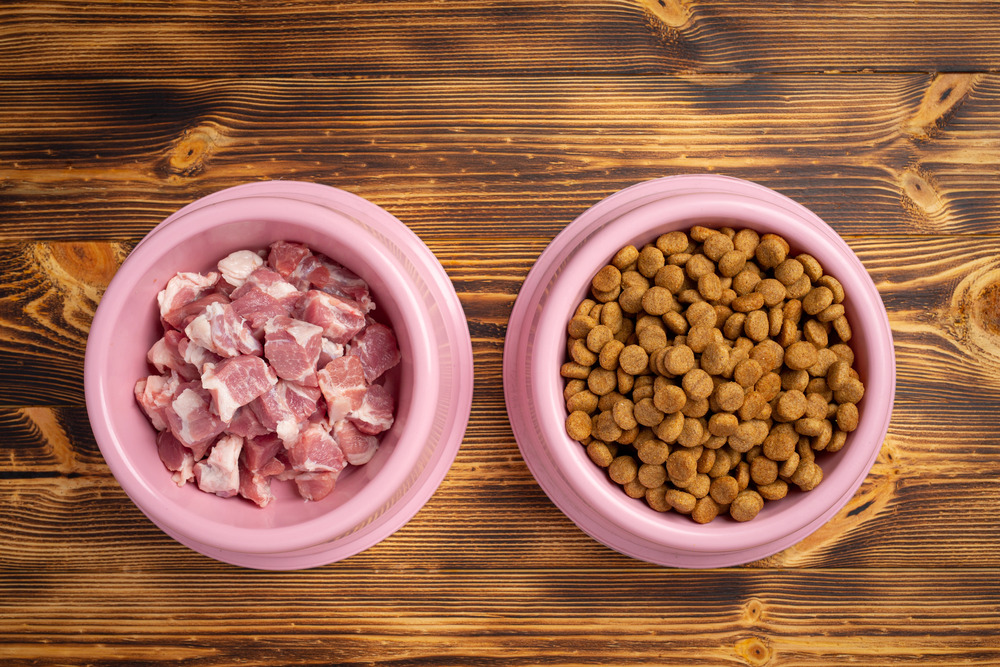As pet owners, we all want our furry friends to look and feel their best. A shiny coat and healthy skin are often indicators of overall well-being. Did you know that diet plays a crucial role in maintaining your pet's skin and coat health? In this blog, we will explore the essential nutrients that contribute to a vibrant coat, the impact of various diets, and how you can make informed choices for your pet's nutrition. 🐾

Understanding the Importance of Diet
A well-balanced diet is fundamental for your pet's health. According to the American Kennel Club, a pet's skin and coat can reflect their internal health. Poor nutrition can lead to a dull coat, excessive shedding, and skin irritations. In fact, studies show that nearly 30% of pets suffer from skin issues related to diet. 🥴
Key Nutrients for Skin and Coat Health
To ensure your pet has a healthy coat, focus on these essential nutrients:
- Omega-3 Fatty Acids: These are vital for reducing inflammation and promoting a shiny coat. Sources include fish oil and flaxseed oil.
- Omega-6 Fatty Acids: These help maintain skin moisture and elasticity. Found in chicken fat and sunflower oil, they are crucial for skin health.
- Vitamins: Vitamins A, E, and B-complex are essential for skin repair and coat shine. They can be found in various fruits and vegetables.
- Proteins: High-quality protein sources are necessary for hair growth and repair. Look for meat, fish, and eggs in your pet's diet.
The Impact of Diet on Skin and Coat Health
To illustrate the impact of diet on skin and coat health, let’s take a look at the following table, which summarizes the effects of different diets on pets:
| Diet Type | Omega-3 Content | Omega-6 Content | Common Benefits | Potential Drawbacks |
|---|---|---|---|---|
| Commercial Kibble | Low | Moderate | Convenient, balanced nutrition | May contain fillers and preservatives |
| Raw Diet | High | High | Natural nutrients, improved coat shine | Risk of bacterial contamination |
| Home-Cooked Meals | Variable | Variable | Fresh ingredients, customizable | Requires careful planning |
| Grain-Free Diet | Moderate | Moderate | Reduces allergens for sensitive pets | May lack essential nutrients |
Choosing the Right Diet
When selecting a diet for your pet, consider their specific needs. For instance, if your dog has a sensitive stomach or skin allergies, a grain-free diet might be beneficial. On the other hand, if your pet is prone to obesity, a high-protein, low-carb diet could be the way to go.
For more information on pet nutrition, you can visit PetMD or The American Kennel Club. These resources provide valuable insights into the best dietary practices for your furry companions. 🐶
Supplements for Enhanced Skin and Coat Health
In addition to a balanced diet, supplements can also play a significant role in improving your pet's skin and coat health. Here are some popular options:
- Fish Oil: Rich in Omega-3 fatty acids, fish oil can help reduce inflammation and promote a shiny coat.
- Biotin: This B-vitamin is known for its role in hair health and can help improve coat quality.
- Zinc: Essential for skin repair, zinc can help alleviate skin issues and promote a healthy coat.
Supplementation Table
Here’s a quick overview of popular supplements and their benefits:
| Supplement | Key Benefits | Recommended Dosage |
|---|---|---|
| Fish Oil | Reduces inflammation, promotes shine | 1000 mg per 10 lbs of body weight |
| Biotin | Improves coat quality | 5 mg per day |
| Zinc | Aids in skin repair | 1 mg per 10 lbs of body weight |
Monitoring Your Pet’s Skin and Coat Health
Regularly check your pet’s skin and coat for any changes. Look for signs of dryness, flakiness, or excessive shedding. If you notice any abnormalities, consult your veterinarian for advice. Keeping a close eye on your pet’s health can help you catch potential issues early on.
Conclusion
Improving your pet's skin and coat health through diet is not only beneficial for their appearance but also for their overall well-being. By focusing on essential nutrients, choosing the right diet, and considering supplements, you can help your furry friend shine both inside and out. Remember, a healthy pet is a happy pet! 🐕✨
For more tips on pet care and nutrition, don’t hesitate to explore resources like The Humane Society or ASPCA. Your pet deserves the best, and with the right dietary choices, you can ensure they lead a healthy and vibrant life!




